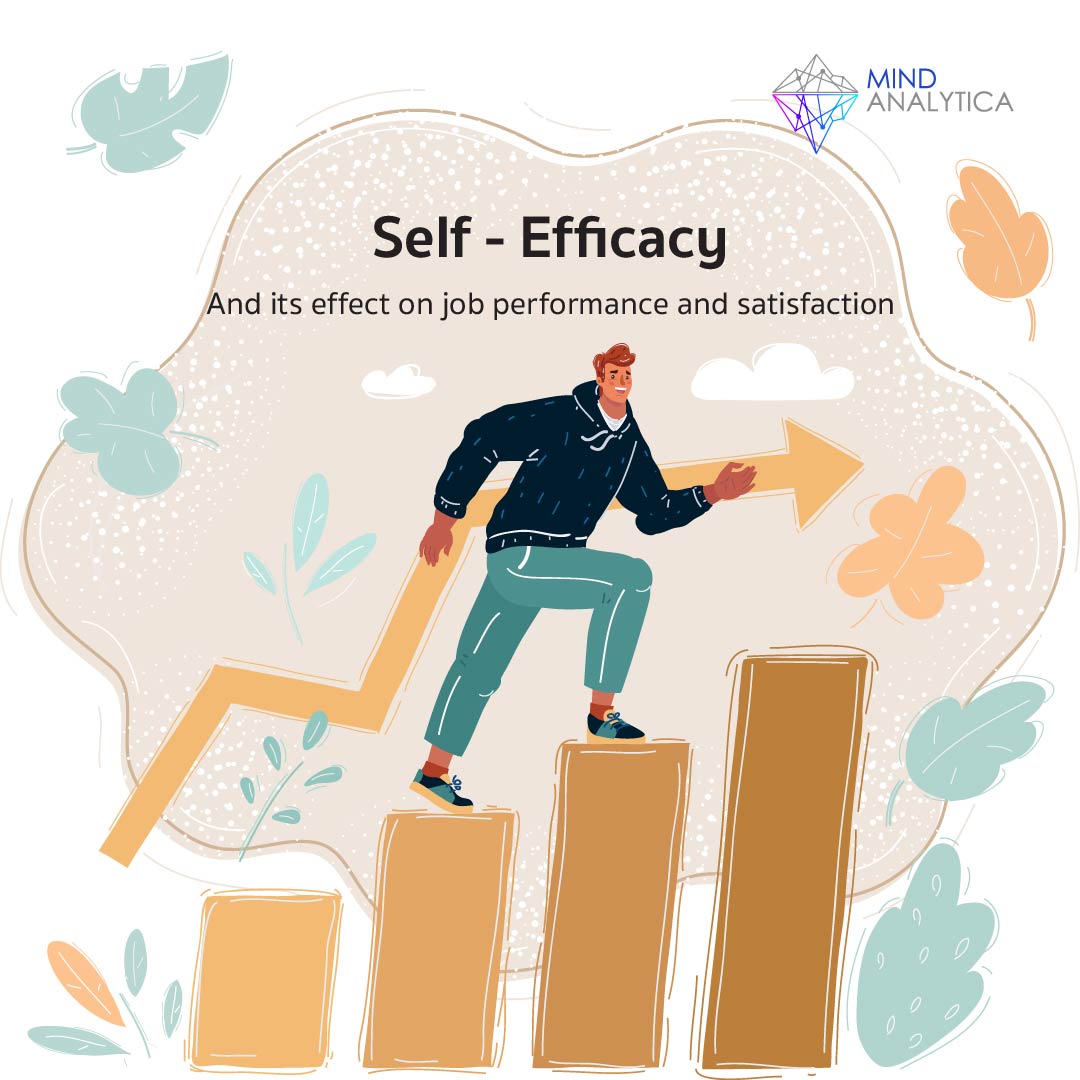How Self-Efficacy Affects Job Performance and Satisfaction
29 พฤษภาคม 2567 - เวลาอ่าน 4 นาที
In the field of human resources, many organizations are trying to find out what factors affect employee performance and job satisfaction. Variables that are often studied include intelligence, personality, work experience, seniority, and others. These do have an impact on both job performance and job satisfaction. However, another variable that researchers have found to have a clear and consistent impact on job performance and satisfaction is self-efficacy.
Self-efficacy is the judgment of how well a person can perform a specific task in a given situation. People's self-efficacy beliefs affect their motivation and behavior.
People with high self-efficacy are more likely to:
- Set challenging goals
- Believe that they can achieve those goals
- Persist in the face of setbacks
- Seek out feedback and learn from their mistakes
People with low self-efficacy are more likely to:
- Set easy goals
- Believe that they will fail
- Give up easily
- Avoid feedback and criticism
There is a large body of research evidence that shows that self-efficacy is related to job performance in a variety of areas, including:
- Adapting to new technology
- Dealing with challenging work events
- Generating ideas at the managerial level
- Managing performance
- Learning new skills
- New employee adjustment to the organization
The results of all the research mentioned above are also supported by a meta-analysis by researchers named Stajkovic and Luthans in 1998. From the study of a large number of research studies on the relationship between self-efficacy and job performance, it was found that employees in companies with high levels of self-efficacy tend to have good job performance. This relationship is more likely to be found in complex jobs than in simple jobs. The more complex the job, the more confident people need to be to do it effectively. But for simple jobs, people don't need to be confident or put in much effort to get similar results.
In addition to the research mentioned above on the effects of self-efficacy on job performance, another factor that has a significant impact on employees in an organization is job satisfaction.
According to research by Judge and Bono in 2001, in addition to the significant relationship between self-efficacy and job performance, it was also found that self-efficacy has the greatest effect on job satisfaction, followed by a belief in having control over things (internal locus of control), self-esteem, and emotional stability.
The reason why self-efficacy can lead to job satisfaction is because self-efficacy helps to increase positive work experiences (Gkolia et al., 2014). This is because self-efficacy is related to people perceiving their work as valuable and challenging, and it also allows employees to participate in designing their own work (work design). The characteristics of the work (task characteristics), such as job autonomy, job variety, job importance, job specificity, and feedback from the job, and social characteristics, such as social support, participation from both inside and outside the organization, and feedback from others, ultimately lead to job satisfaction (Bargsted et al., 2019).
In conclusion, self-efficacy is the ability of employees to understand their own abilities for a particular job. Employees with high self-efficacy can lead to good job performance. When employees have high levels of self-efficacy, they are the ones who design work that is appropriate for them in both work and social aspects, which ultimately leads to them having good work experiences and job satisfaction.
References
Bargsted, M., Ramírez-Vielma, R., & Yeves, J. (2019). Professional self-efficacy and job satisfaction: The mediator role of work design. Revista de Psicología del Trabajo y de las Organizaciones, 35(3), 157-163.
Gkolia, A., Belias, D., & Koustelios, A. (2014). Teacher's job satisfaction and selfefficacy: A review. European Scientific Journal, 10(22).
Judge, T. A., & Bono, J. E. (2001). Relationship of core self-evaluations traits—self-esteem, generalized self-efficacy, locus of control, and emotional stability—with job satisfaction and job performance: A meta-analysis. Journal of applied Psychology, 86(1), 80.
Stajkovic, A. D., & Luthans, F. (1998). Self-efficacy and work-related performance: A meta-analysis. Psychological bulletin, 124(2), 240.



